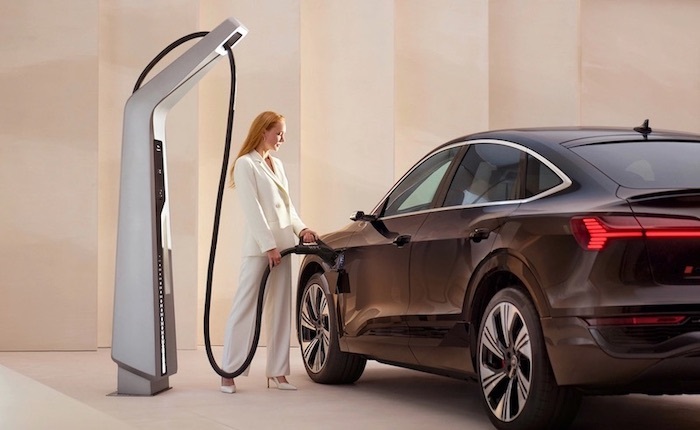From April 1, UK motorists will face significant tax changes, with electric vehicle (EV) owners among those most affected.
The Expensive Car Supplement (ECS), previously exempting EVs, will now apply to cars priced over 40,000 pounds, adding an extra financial burden of up to 2,125 pounds over five years.
The move comes as part of a broader reform to the Vehicle Excise Duty (VED), announced by Chancellor Rachel Reeves.
Experts argue the threshold for luxury car tax is outdated, failing to reflect current vehicle prices, particularly in the E-Mobility market.
In this regard, from next month, EV owners will be subject to the same VED charges as petrol and diesel cars, a shift from the previous tax exemption.
Cars with a list price exceeding 40,000 pounds will incur an additional 425 pounds annual charge for five years under the Expensive Car Supplement.
According to Jon Lawes, Managing Director at Novuna Vehicle Solutions, this policy change does not account for inflation or the rising costs of EVs.
Speaking to GB News, he described the tax as “no longer fit for purpose,” as many mid-range family EVs now exceed the 40,000 pounds threshold.
Lawes highlighted that of the 1,000 EV models launched since 2022, nearly two-thirds fall into the luxury tax category, despite being standard family cars.
He urged the government to review the ECS threshold, arguing that it does not align with today’s vehicle market.
The changes are expected to generate over 500 million pounds annually, partially offsetting the declining revenue from fuel duty, which remains frozen at 5p per litre until 2026.
In addition to the ECS charge, new EVs will pay ten pounds in first-year VED and 195 pounds annually from the second year onwards.
Vehicles registered between March 2001 and March 2017 will see an annual charge of 20 pounds, while hybrid and alternatively fuelled cars will lose their ten pounds annual tax discount.
Despite the tax increase, EVs continue to attract strong consumer interest.
According to Novuna Vehicle Solutions, 80% of new car orders placed through the company are electric.
Lawes noted that salary sacrifice schemes and lower Benefit-In-Kind rates still make EVs an appealing choice despite the additional tax burden.
Fleet managers, however, are concerned about the financial impact on company car schemes.
With a large proportion of EVs now falling into the luxury tax bracket, businesses may reconsider the cost-effectiveness of electric fleets under the revised tax regime
Source: Econostrum
Read more:
-
Smart Charging: INJET Launches AC Unit Certified to UK Standards
INJET, one of the world’s top five charger manufacturers, has launched a new product that enables smart charging, helps save money, and maximises the use of clean energy. However, the launch of this product was not without challenges. What measures should the country adopt in light of the Chinese model?
-
New milestone: Norway now has over 10,000 fast chargers
As recently as October last year, the Association reported the number at 9,000 – meaning the last 1,000 fast chargers have been added in just the past nine months in Norway.
-
Lidl to switch all company vehicles in Belgium and Luxembourg to electric by 2030
The company will begin the gradual transition of its corporate vehicle fleet to fully electric. Lidl is no newcomer to electric mobility. Since 2016, the company has invested in charging infrastructure.










